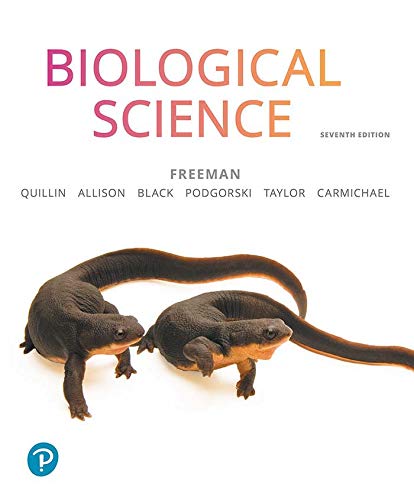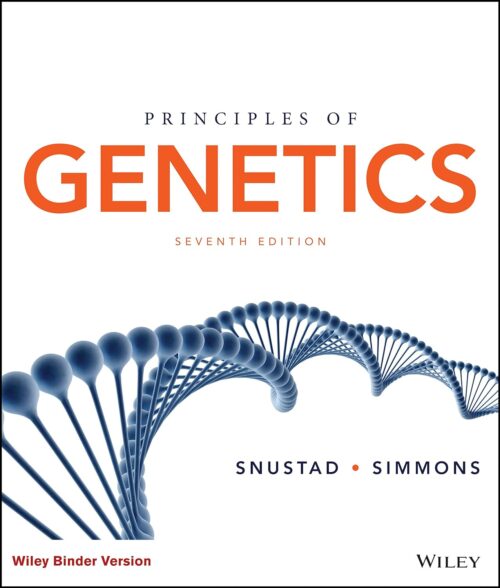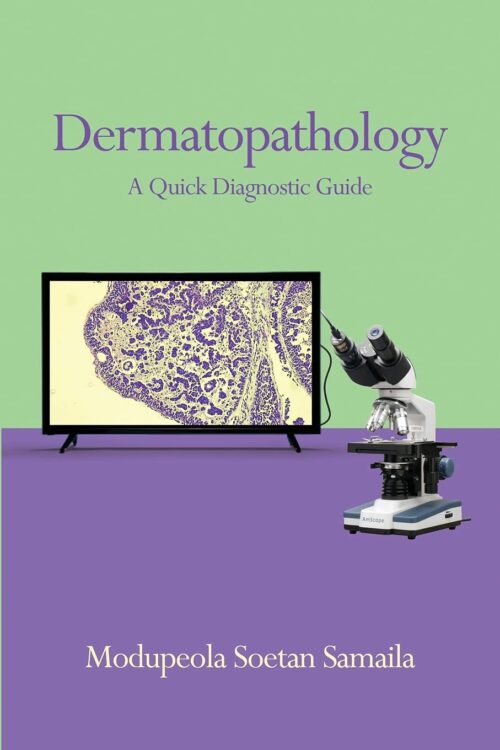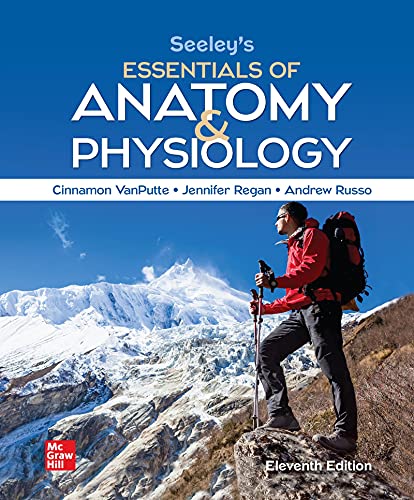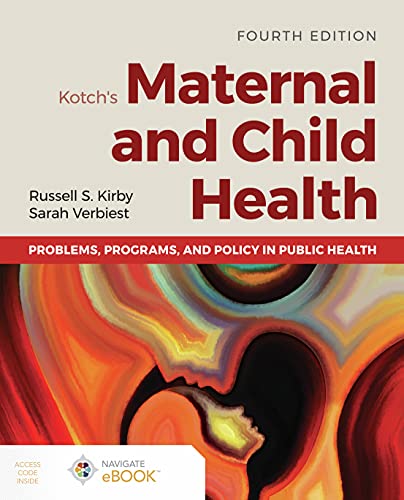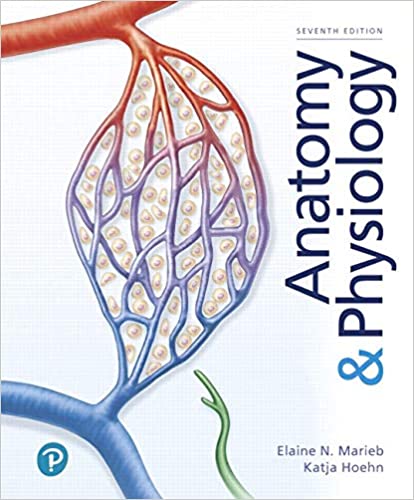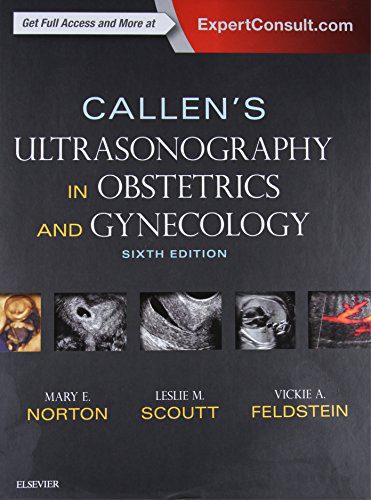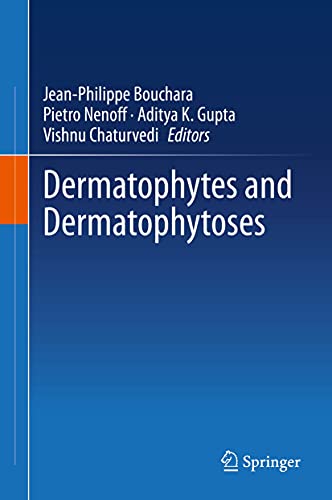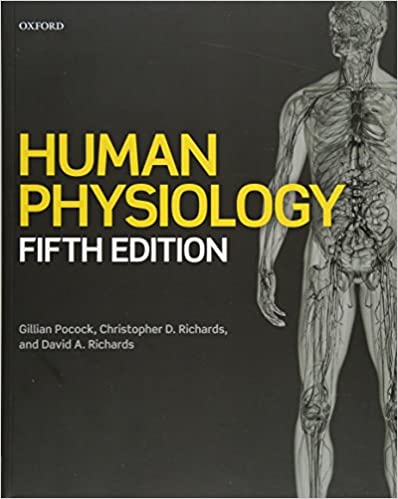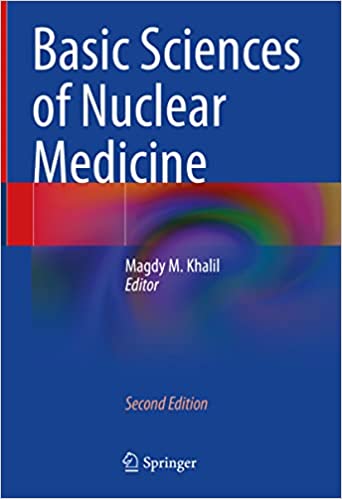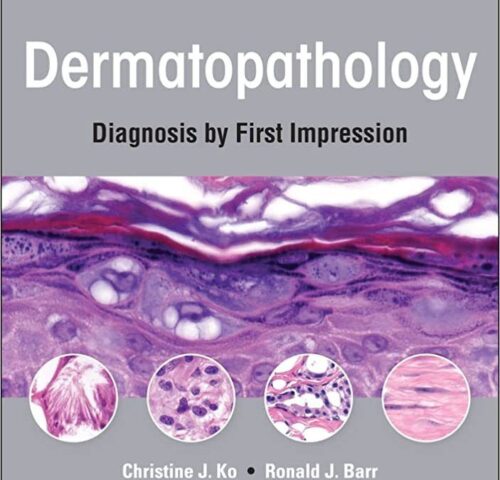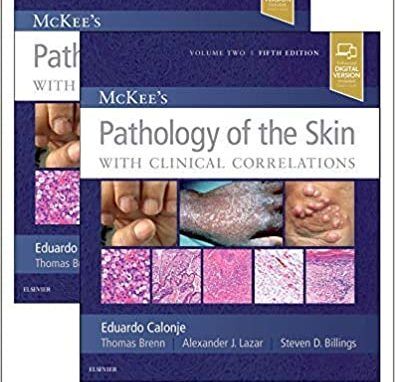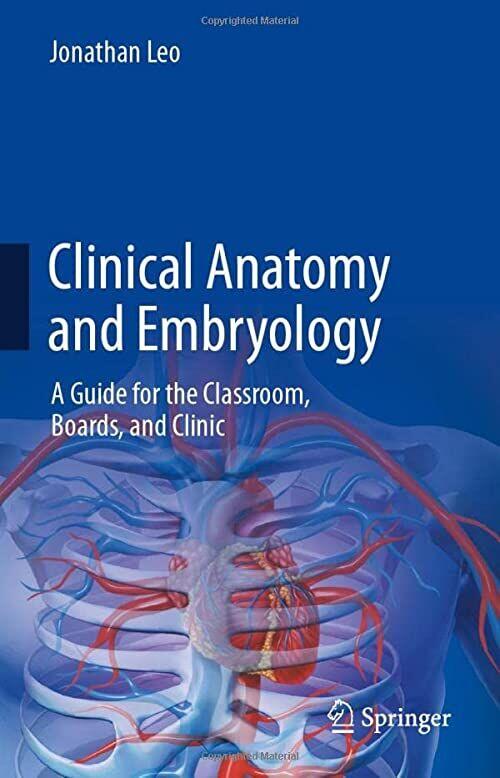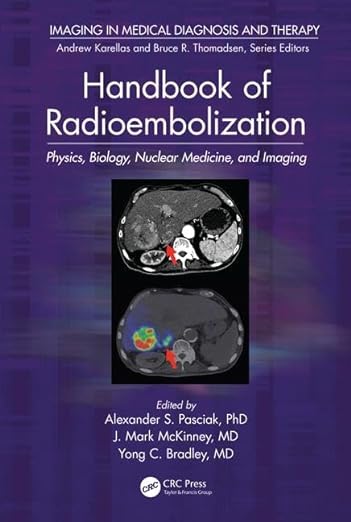Biological Science 7th Edition (Seventh ed)
- Publisher : Pearson; 7th edition (February 6, 2019)
- Language : English
- FORMAT: ORIGINAL PDF/ PRINT REPLICA
- ISBN-10 : 013467832X
- ISBN-13 : 978-0134678320
Original price was: 88.80 USD.8.88 USDCurrent price is: 8.88 USD.
- Publisher : Pearson; 7th edition (February 6, 2019)
- Language : English
- FORMAT: ORIGINAL PDF/ PRINT REPLICA
- ISBN-10 : 013467832X
- ISBN-13 : 978-0134678320
About the authors
Scott Freeman received a PhD in Zoology from the University of Washington and was subsequently awarded an Alfred P. Sloan Postdoctoral Fellowship in Molecular Evolution at Princeton University. He has done research in evolutionary biology on topics ranging from nest parasitism to the molecular systematics of the blackbird family and is coauthor, with Jon Herron, of the standard-setting undergraduate text Evolutionary Analysis. Scott is the recipient of a Distinguished Teaching Award from the University of Washington and is currently a Principal Lecturer in the UW Department of Biology, where he teaches introductory biology for majors, a writing-intensive course for majors called The Tree of Life, and a graduate seminar in college science teaching. Scott’s current research focuses on how active learning affects student learning and academic performance.
Lizabeth A. Allison is Chancellor Professor of Biology at the College of William & Mary. She received her PhD in Zoology from the University of Washington, specializing in molecular and cellular biology. Before coming to William & Mary, she spent eight years as a faculty member at the University of Canterbury in New Zealand. Liz teaches introductory biology for majors and upper division molecular biology courses. She has mentored graduate students and more than 120 undergraduate research students, many of them coauthoring papers with her on intracellular trafficking of the thyroid hormone receptor in normal and cancer cells. The recipient of numerous awards, including a State Council for Higher Education in Virginia (SCHEV) Outstanding Faculty Award in 2009, Liz received one of the three inaugural Arts Shouland Sciences Faculty Awards for Teaching Excellence in 2011, and a Plumeri Award for Faculty Excellence in 2012. In addition to her work on this text, she is author of Fundamental Molecular Biology, now in its second edition, with a third edition under way. Lead Author; Chapters 1, 33, 48 and BioSkills / laalli@wm.edu
Michael Black received his PhD in Microbiology and Immunology from Stanford University School of Medicine as a Howard Hughes Predoctoral Fellow. After graduation, he studied cell biology as a Burroughs Wellcome Postdoctoral Fellow at the MRC Laboratory of Molecular Biology in Cambridge, England. His current research focuses on the use of molecules to identify and track the transmission of microbes in the environment. Michael is a professor of Cell and Molecular Biology at California Polytechnic State University in San Luis Obispo, where he teaches introductory and advanced classes for majors in cell biology and microbiology. In addition to his teaching and research activities, Michael serves as the director of the Undergraduate Biotechnology Lab, where he works alongside undergraduate technicians to integrate research projects and inquiry-based activities into undergraduate classes. Chapters 2-12 / mblack@calpoly.edu
Greg Podgorski received his PhD in Molecular and Cellular Biology from Penn State University and has been a postdoctoral fellow at the Max Plank Institute for Biochemistry and Columbia University. His research interests are in biology education, developmental genetics, and computational biology. Greg’s most recent work has been in mathematical modeling of how patterns of different cell types emerge during development and how tumors recruit new blood vessels in cancer. Greg has been teaching at Utah State University for more than 20 years in courses that include introductory biology for majors and nonmajors, genetics, cell biology, developmental biology, and microbiology, and he has offered courses in nonmajors biology in Beijing and Hong Kong. He has won teaching awards at Utah State University and has been recognized by the National Academies as a Teaching Fellow and a Teaching Mentor. Chapters 13-21 / greg.podgorski@usu.edu
Kim Quillin received her BA in Biology at Oberlin College summa cum laude and her PhD in Integrative Biology from the University of California, Berkeley, as a National Science Foundation Graduate Fellow. Kim has worked in the trenches with Scott Freeman on every edition of Biological Science, starting with the ground-up development of the illustrations in the first edition in 1999 and expanding her role in each edition. Kim currently serves as the Curriculum Coordinator for Introductory Biology for Salisbury University (SU), a member of the University System of Maryland, where she is actively involved in the ongoing student-centered reform of the course for biology majors. She also serves as the Curriculum Facilitator for the biology department, focusing on programmatic review and alignment of the SU biology curriculum to the Vision and Change core concepts and competencies. Chapters 22-25, 30-32, 49-54 / kxquillin@salisbury.edu
Jeff Carmichael received his BS in Biology from Slippery Rock University in Pennsylvania and his PhD in Plant Biology from the University of Georgia. As an undergraduate student, he spent some time studying enzyme kinetics through a fellowship at Oak Ridge National Laboratory in Tennessee. His graduate work focused on sexual reproduction in an intriguing group of seed plants. He has been teaching and coordinating Introductory Biology at the University of North Dakota (UND) for more than 20 years. He also works with the campus-wide Teaching Transformation and Development Academy, where he helps other faculty members incorporate evidence-based best teaching practices in their courses. He has received excellence in teaching awards at UND and as a graduate student in Georgia. Chapters 26-29 and 34-38 / Jeffrey.Carmichael@und.edu
Emily Taylor earned a BA in English at the University of California, Berkeley. She then earned a PhD in Biological Sciences from Arizona State University, where she conducted research in the field of environmental physiology as a National Science Foundation Graduate Research Fellow. She is currently a professor of Biological Sciences at the California Polytechnic State University in San Luis Obispo. Her student-centered research program focuses on the endocrine and reproductive physiology of free-ranging reptiles, especially rattlesnakes. She teaches numerous undergraduate and graduate courses, including introductory biology, anatomy and physiology, endocrinology, and herpetology, and received the California Faculty Association’s Distinguished Educator Award in 2010 and Cal Poly’s Distinguished Teaching Award in 2012. Chapters 39-47 / etaylor@calpoly.edu
About PDF Formats (general) Read more
Related Items
Showing 1–12 of 198 results
-
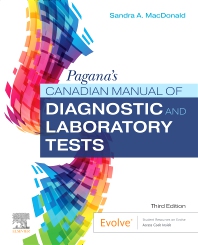
Pagana’s Canadian Manual of Diagnostic and Laboratory Tests, 3rd Edition
17.76 USD Add to cart -
Sale!
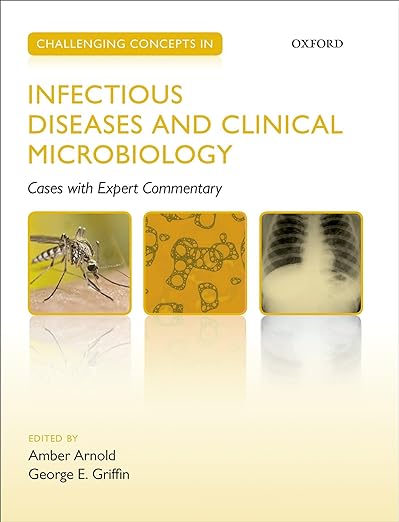
Challenging Concepts in Infectious Diseases and Clinical Microbiology
Original price was: 99.90 USD.11.10 USDCurrent price is: 11.10 USD. Add to cart -
Sale!
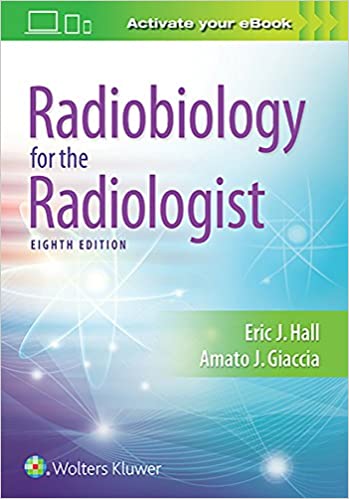
Radiobiology for the Radiologist, 8th Edition
Original price was: 165.39 USD.15.54 USDCurrent price is: 15.54 USD. Add to cart -
Sale!
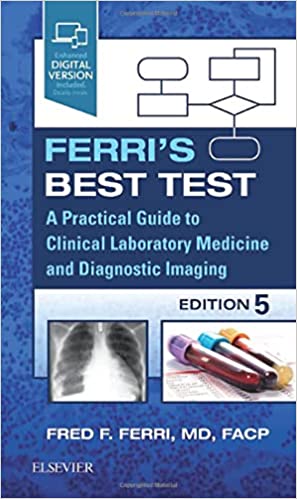
Ferri’s (Ferris 5e) Best Test: A Practical Guide to Clinical Laboratory Medicine and Diagnostic Imaging (Ferri’s Medical Solutions Fifth ed) 5th Edition
Original price was: 33.73 USD.14.43 USDCurrent price is: 14.43 USD. Add to cart -
Sale!

Radiobiology for the Radiologist 8th Edition
Original price was: 124.32 USD.11.10 USDCurrent price is: 11.10 USD. Add to cart -
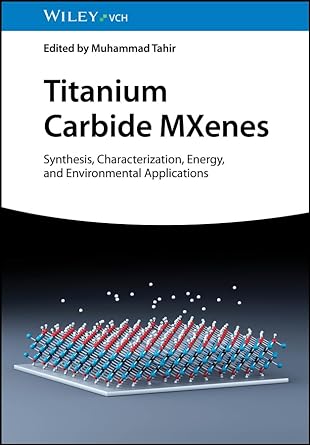
Titanium Carbide MXenes Synthesis, Characterization, Energy and Environmental Applications
15.54 USD Add to cart -
Sale!
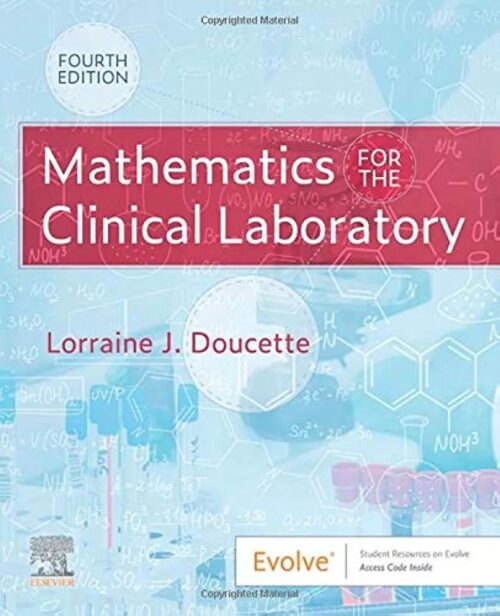
Mathematics for the Clinical Laboratory 4th Edition
Original price was: 61.05 USD.9.99 USDCurrent price is: 9.99 USD. Add to cart -

Laboratory Fish in Biomedical Research: Biology, Husbandry and Research Applications for Zebrafish, Medaka, Killifish, Cavefish, Stickleback, Goldfish and Danionella Translucida
18.87 USD Add to cart -
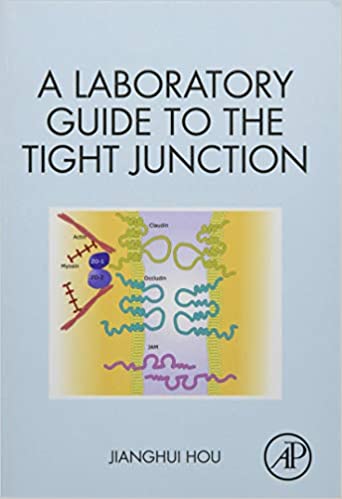
A Laboratory Guide to the Tight Junction 1st Edition
16.65 USD Add to cart
